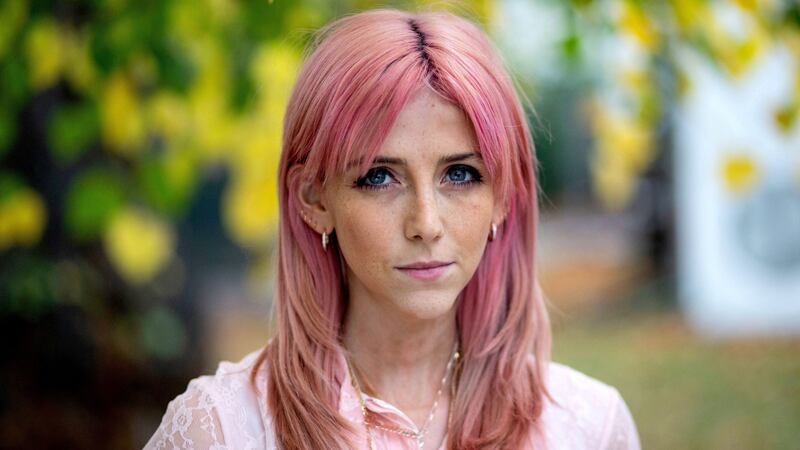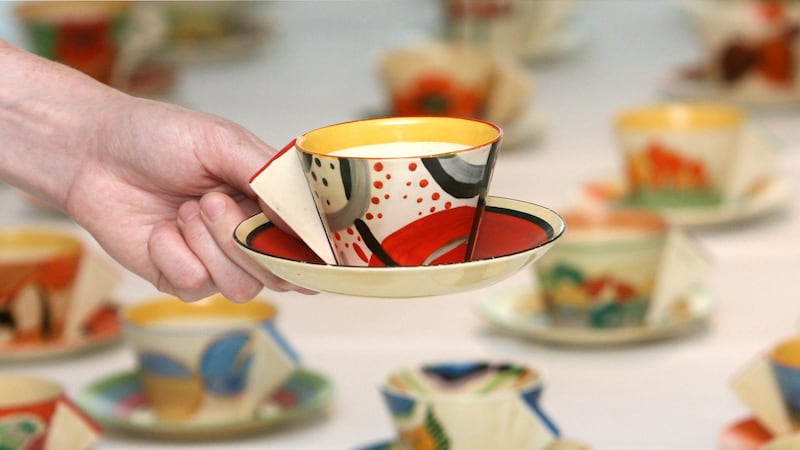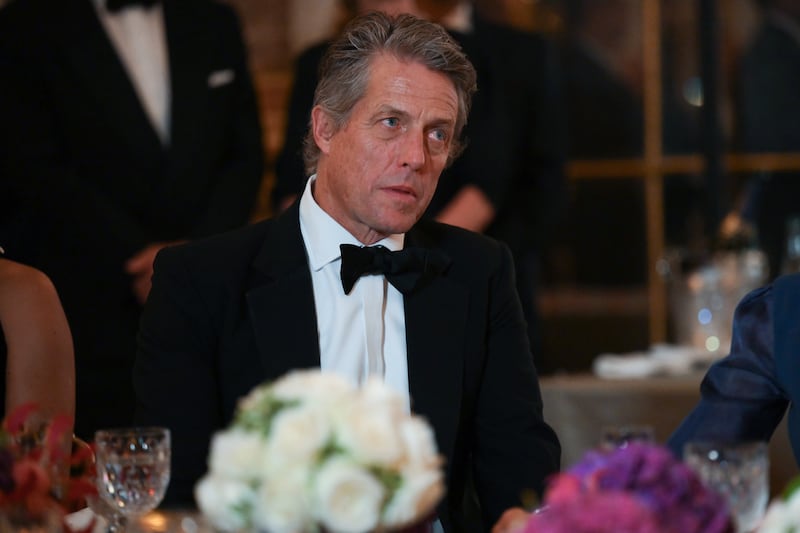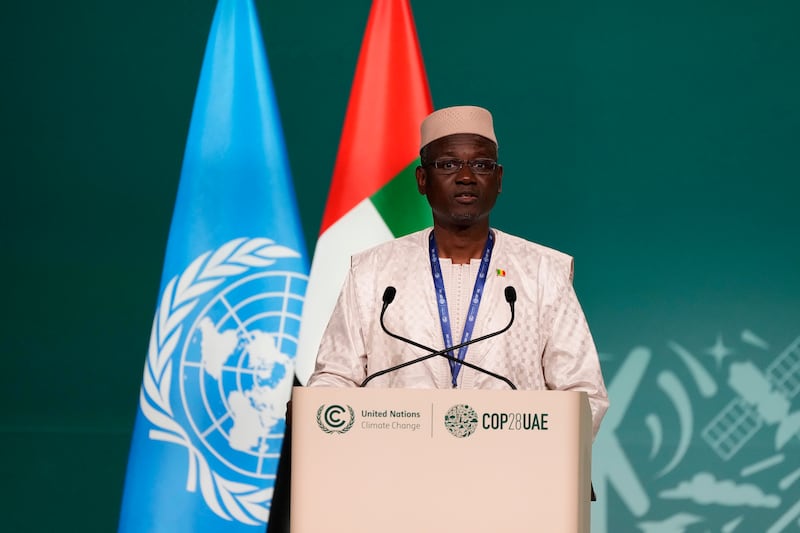Feminist writer and activist Scarlett Curtis has said the “collective identity” of the movement for women’s rights gave her a reason to live.
The curator of the anthology Feminists Don’t Wear Pink (And Other Lies) said she had little interest in living following a youth battling chronic pain.
Speaking on International Women’s Day, Curtis said that the discovery of feminism and its campaigning collectivism changed her life and gave her purpose.
“Together along with the weight of thousands of files across the uk we’ve managed to change two laws.” @scarcurtis talking about the movement she co-founded @pinkprotest “Feminism gave me a reason to stay alive” pic.twitter.com/zeyUo3Gel5
— Women of the World (@WOWtweetUK) March 8, 2019
Her anthology brings together essays from prominent feminists including Emma Watson and Keira Knightley and offers a range of views on what the movement means to those who subscribe to it.
Speaking at a Women Of The World (WOW) event in London, Curtis said that to her feminism means serving the greater good.
She said after being housebound for years, and despairing at ineffective self-help books, feminism offered her a cause which has been taken up by many in her generation seeking a “collective identity”.
Curtis said: “I wasn’t that interested in being alive anymore. But then I found this thing, feminism.
“I wanted to be part of this thing, part of this movement. I had something to fight for.
“It was a collective self that I could join.
“I’m a part of something that has given me friends and enemies, and an understanding of the world. Feminism is my self-help.
“When I look at my generation, I see people taking part in a collective identity.”
Curtis spoke at the WOW event at the Royal Festival Hall, which was opened by Mayor Of London Sadiq Khan.
Activist Gina Miller, who successfully brought a High Court case forcing Article 50 before Parliament, also addressed the growth of modern feminism.
She said: “I’m worried about how fragile people feel today.
“I’m worried about a lack of resilience.”








